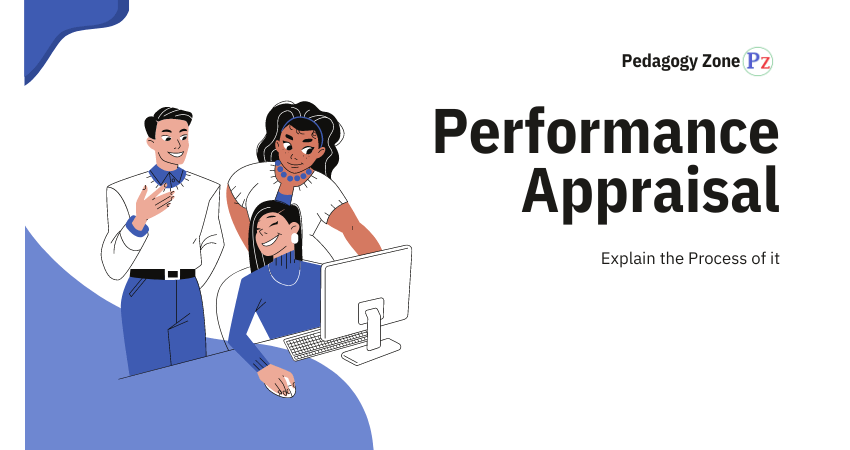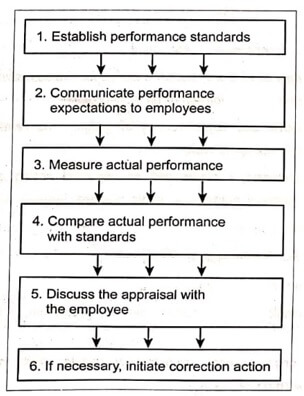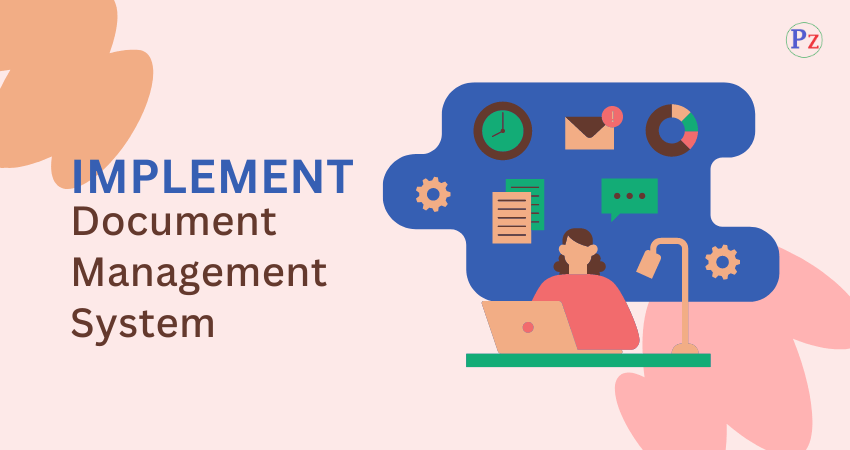What is Performance Appraisal?
✓ Performance appraisal is a systematic and objective assessment or evaluation of performance and contribution of an individual.
✓ It is a systematic and objective way of judging the relative worth of an employee in performing his task.
✓ It is the systematic, periodic and an impartial rating of an employee’s excellence in matters pertaining to his present job and his potential for a better job.

Need for Performance Appraisal
The purpose of performance appraisal are:
- To identify employees for salary revision, promotion, transfer, demotion, and lay-off.
- To take an organisational of inventory people, skills and potential for comparing it with its needs.
- To take an organisational of inventory people, skills and potential for comparing it with its needs.
- To motivate employees by providing feedback on their performance levels.
- To know personal strengths and weaknesses of different individuals.
- To establish a basis for research and reference for personnel decisions in future.
- To guide the individual to plan job and personal objectives and to help him in career planning.
- To validate the selection procedures.
- To improve communication in an organisation.
- To make the supervisors and executives more observant of their subordinates.
Process of Performance Appraisal (Steps in Development of Appraisal System)
There are six steps in the development of appraisal system. Fig.1. depicts the self-explanatory steps required for the process of performance appraisal.

Fig. 1. Process of performance appraisal
Benefits of Performance Appraisal
The performance appraisal benefits are as follows:
- It provides useful feedback to the employee, supervisor and personnel specialists and allows them to take corrective measures to improve performance further.
- It helps in determining the pay adjustments, increments and bonuses as it rates the merit of the employee.
- It provides basis for employee promotion, transfer, or demotion.
- It helps in determining individual’s training and developmental needs and in designing training programmes accordingly.
- It helps the employee to plan their career.
- It helps in evaluating the staffing or personnel department procedures and provides feedback on their strengths and weaknesses.
- It may provide information on some external factors such as family circumstances, health, financial or personal matters that may be affecting the performance.
- It puts a sort of pressure on people for better performance. It makes him realise that he is being continuously observed and his improvements are being noted.
| Read More Topics |
| What do you mean by strategic planning? |
| Explain the functions and characteristics of a successful team |
| Leading practices for leadership |




